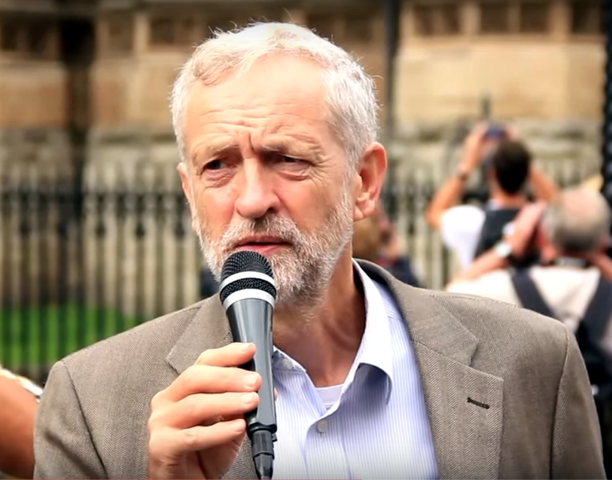First-time Buyer
Labour launches election manifesto

The Labour party has published its election manifesto with proposals that could have a big impact on people’s finances and long-term savings.
If it came to power the Labour party would hike income tax for high earners, build 100,000 council houses each year, enhance renters’ rights, offer families more free childcare, scrap university tuition fees, and freeze State Pension age increases at 66.
Income tax
Labour said it will increase the number of people paying the 45 per cent income tax rate, cutting the threshold from the current £150,000 down to £80,000, and introducing a new 50 per cent rate for those earning more than £125,000. The move will cost taxpayers £5.4bn.
The party will also bring the tax on gains from investments in line with income tax, echoing similar pledges by the Green Party.
Labour would also scrap the Marriage Allowance, which is a little-used tax break that gives couples where one is a basic-rate taxpayer and the other is a non-earner or low earner the ability to transfer their tax-free income. The Lib Dems have also pledged to scrap the allowance.
Tuition fees
Labour leader Jeremey Corbyn also pledged to scrap university tuition fees. The move comes after tuition fees were raised to £9,000 per year in 2012, which caused a huge backlash and a series of protests with students arguing they would never be able to get out of debt.
Laura Suter, personal finance analyst at AJ Bell, said: “Labour has long said it would scrap tuition fees, so it’s no surprise to see this £13.6bn pledge in the manifesto. What is more surprising is that they haven’t said they will wipe off the debt of current graduates, which the Green Party has pledged. Instead, they will review the current loans and come to a conclusion later, which will be of little comfort to the average graduate who leaves university with £50,000 of student loan debt.”
Childcare
Labour is the third party to look to extend childcare funding, particularly when children are younger. However, it said it will “extend childcare provision” to parents of one-year-olds, rather than explicitly offer free childcare for these parents, like the Liberal Democrats pledged.
It will also extend free childcare hours for children aged two to four, and will increase the amount paid to nurseries for these hours.
“They will also boost maternity pay, giving an extra three months by extending it from nine months to 12 – giving new mothers a near £2,000 boost if they take the full year off work,” said Suter, “They will also increase paternity pay to four weeks and increase the pay for the first week by £226. In another move for families, Labour will also reverse the controversial two-child cap on child benefit.”
Housing
If it comes to power, Labour plans to build 100,000 new council homes a year to help address years of chronic under-supply.
Caitlin Wilkinson, Generation Rent policy manager, said: “The growth of the private rented sector is a direct consequence of the failure of successive governments to build social housing. 11 million people in England rent privately, often paying high rents in return for poor conditions and with no security. Building genuinely affordable council and social housing would ensure that high quality housing is available for those on lower incomes, as well as meeting overall demand, which would reduce rents for those in the private sector.”
Under a Labour Government a rent cap would be brought in to ensure renters only saw inflationary increases in their annual rent. The party would also abolish section 21 “no fault” evictions and create open-ended tenancies.
“Abolishing 21 and introducing open-ended tenancies will cut homelessness and give renters the security they need to plan for their future,” said Wilkinson, “Both main parties have now committed to ending unfair evictions under section 21, meaning renters will be able to look forward to a secure home in the next parliament. Capping rents will go some way towards ensuring that renting is genuinely affordable for those on low incomes, but over the long term we need measures to sustainably bring rents down to around 30 per cent of median local incomes.”
Pensions
Labour said it would freeze State Pension age increases beyond 66. The party would throw out the previous plans to increase the age at which someone can claim their State Pension to 67, and pointed out that life expectancy has decreased while the Conservatives have been in power.
“Make no bones about it – this is a gargantuan promise from Labour with enormous ramifications for those affected, society as a whole and long-term government spending,” said Tom Selby, senior analyst at AJ Bell, “It is therefore incredible that the impact this will have on taxpayers doesn’t appear in the policy costings. This may simply be because planned increases in the state pension age run beyond the next parliament, but such a short-term approach to something as vital to the long-term future of the UK as state pension reform is hardly encouraging.”
Labour would also uprate the state pension for British pensioners overseas, restore Pension Credit for mixed-age couples, and review pension tax incentives, with a focus on the problems facing the NHS.